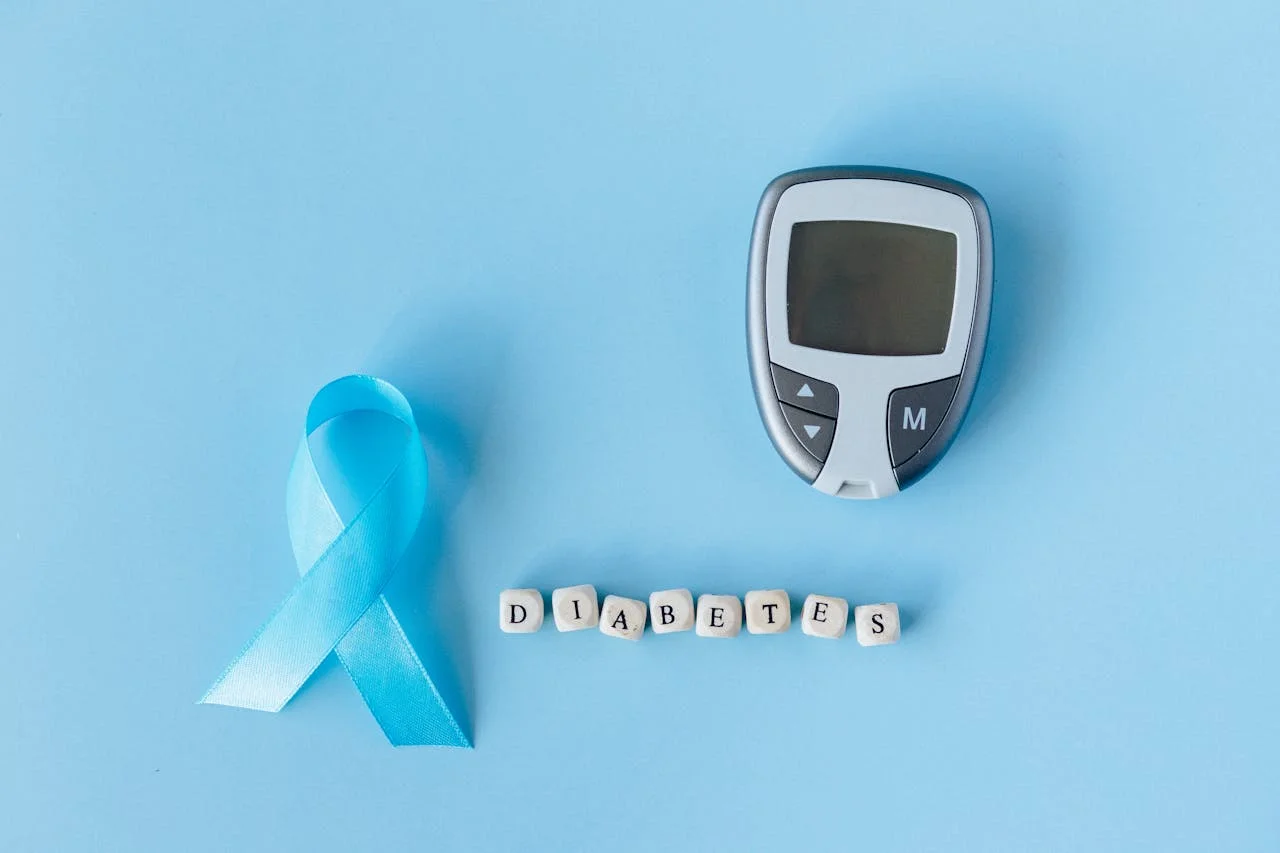
Eli Lilly and Company (NYSE: LLY) announced today positive top-line results from the SURMOUNT-1 three-year study, which evaluated the long-term efficacy and safety of tirzepatide (Zepbound® and Mounjaro®) for weight management and delaying the progression to diabetes in adults with pre-diabetes and obesity or overweight. The study, conducted over a 176-week treatment period, showed that weekly injections of tirzepatide (5 mg, 10 mg, 15 mg) significantly reduced the risk of developing type 2 diabetes by 94% in this population compared to a placebo. Additionally, the treatment led to sustained weight loss, with those on the 15 mg dose experiencing an average weight reduction of 22.9%, compared to just 2.1% in the placebo group by the end of the treatment period.
“Obesity is a chronic disease that increases the risk of type 2 diabetes and other complications for nearly 900 million adults worldwide,” said Jeff Emmick, M.D., Ph.D., Senior Vice President of Product Development at Lilly. “Tirzepatide’s ability to reduce the risk of type 2 diabetes by 94% and sustain weight loss over three years highlights its potential as a long-term therapy for people living with obesity and pre-diabetes.”
The study involved 1,032 adults with pre-diabetes and obesity or overweight, who were treated for 176 weeks followed by a 17-week off-treatment period, making the total study duration 193 weeks. The primary analysis of the SURMOUNT-1 phase 3 study, conducted at 72 weeks, was published in the New England Journal of Medicine in 2022.
In a key secondary outcome, tirzepatide significantly reduced the risk of progressing to type 2 diabetes from baseline to week 176 (p<0.0001, controlled for type 1 error). The pooled doses of tirzepatide achieved a 94% reduction in diabetes risk compared to placebo for the efficacy estimand, and a 93% reduction for the treatment-regimen estimand.
Another important secondary outcome showed that tirzepatide (10 mg and 15 mg) led to significant weight reduction compared to placebo from baseline to week 176 (p<0.001, controlled for type 1 error). For the efficacy estimand, average weight reductions were 15.4% (5 mg), 19.9% (10 mg), and 22.9% (15 mg) compared to 2.1% for placebo. For the treatment-regimen estimand, the respective weight reductions were 12.3%, 18.7%, and 19.7%, compared to 1.3% for placebo.
During the 17-week off-treatment follow-up, participants who discontinued tirzepatide began to regain weight and showed a slight increase in diabetes progression, resulting in an 88% reduction in the risk of type 2 diabetes compared to placebo (p<0.0001, controlled for type 1 error).
The safety and tolerability profile of tirzepatide over the 193-week study was consistent with previously published results from the 72-week SURMOUNT-1 analysis and other tirzepatide studies. The most common side effects were gastrointestinal, typically mild to moderate, including diarrhea, nausea, constipation, and vomiting.
Tirzepatide, a GIP and GLP-1 receptor agonist, works by activating these hormone receptors, with GLP-1 regulating appetite and calorie intake. Nonclinical studies suggest that GIP may enhance food intake regulation. Tirzepatide reduces calorie intake, likely through appetite regulation, and also stimulates insulin secretion in a glucose-dependent manner, increasing insulin sensitivity and lowering blood glucose levels in patients with type 2 diabetes.
These top-line results support the potential of tirzepatide to reduce the risk of type 2 diabetes and maintain long-term weight loss in adults with pre-diabetes and obesity or overweight.




